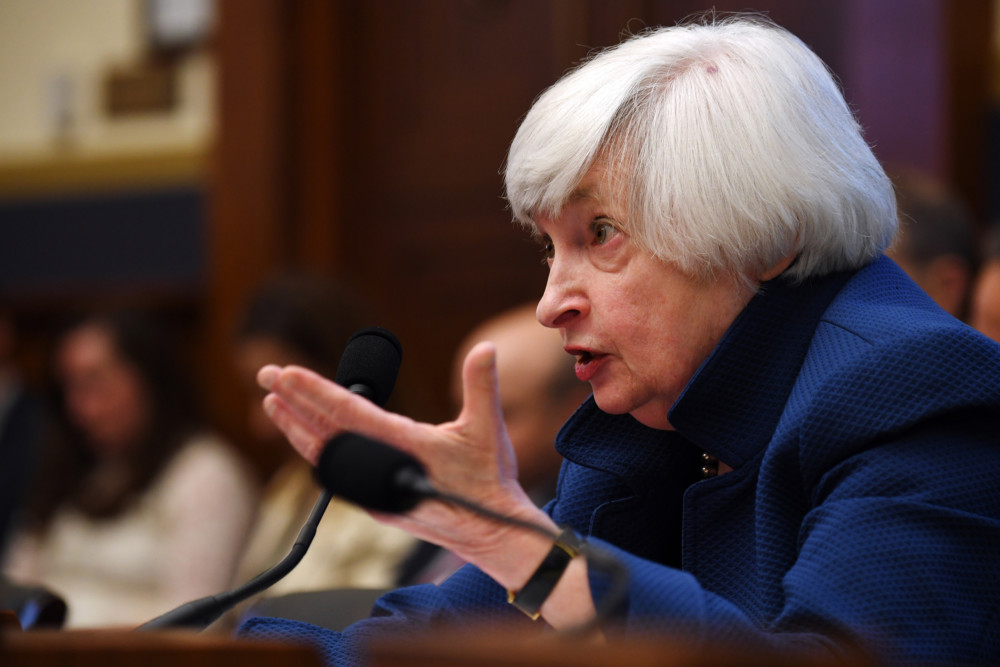By Mark Hamrick
Bankrate.com
WWR Article Summary (tl;dr) Even the smartest minds aren’t able to predict when or how severely a financial crisis will hit. Here are a few actions you can take to protect your finances for those times when things go bad.
Bankrate.com
Who can forget the financial crisis and the Great Recession? Some of the fallout is still with us, including low interest rates, slow-growing paychecks and pockets of stubbornly high unemployment around the U.S.
Federal Reserve Chair Janet Yellen recently said that another financial crisis isn’t likely “in our lifetime.”
Huh?
That sounded very strange. I thought back to the many financial calamities I’ve witnessed as an adult:
-The 1987 stock market crash.
-The 1997 Asian financial crisis.
-The 1998 collapse of hedge fund Long Term Capital Management.
-The 2001 terror attacks, which hurt the economy and the New York financial sector.
-And of course, the 2007-2008 financial crisis and stock market meltdown.
All of those occurred within just two decades. I wouldn’t want to bet that I’ve witnessed my very last shock to the economy.
“Typically the crisis never comes from where we expect it,” International Monetary Fund chief Christine Lagarde told CNBC. She said she isn’t ruling out another one.
Neither should you.
HOW TO PREPARE, JUST IN CASE
Even the smartest minds aren’t able to predict when or how severely a financial crisis will hit. What we can assume is that unexpected events of all kinds will occur.
buy viagra professional generic buy viagra professional online no prescription
Be ready for whatever comes. Take these steps to protect your finances for those times when things go bad.
-Build emergency savings. This can help limit the impacts of short-term unemployment, a sell-off in the stock market, a recession or a full-blown financial crisis.
-Pay down debt, particularly high-interest borrowing such as credit cards and personal loans.
-Live beneath your means. Just because you can afford something doesn’t mean you should buy it. Spend smartly and don’t overextend yourself.
-Think of the long run. Remember that most dramatic financial events, including stock market declines, tend to be short-term in nature. When you’re investing for the long-term, including for retirement, taking on some risk is appropriate to maximize your returns over time.
YELLEN WALKS IT BACK
JPMorgan Chase CEO Jamie Dimon recently warned that the next source of trouble could be the Fed’s unprecedented plan to wind down its $4.5 trillion balance sheet of bonds it bought to boost the economy after the crisis.
“We act like we know exactly how it’s going to happen, and we don’t,” he said.
Yellen earlier this month reassured members of Congress that the central bank will proceed cautiously. She said she still hopes the endeavor can begin “relatively soon.”
The Fed chief also has been re-thinking her statement about the next financial crisis.
“What I should have stated originally when I made that comment, I believe we have done a great deal since the financial crisis to strengthen the system and to make it more resilient,” she told the Senate Banking Committee.
“I think that we can never be confident that there won’t be another financial crisis,” she added.
You don’t need to live in fear of the next financial storm. But have your umbrella handy.














































































































































































































































































































































































